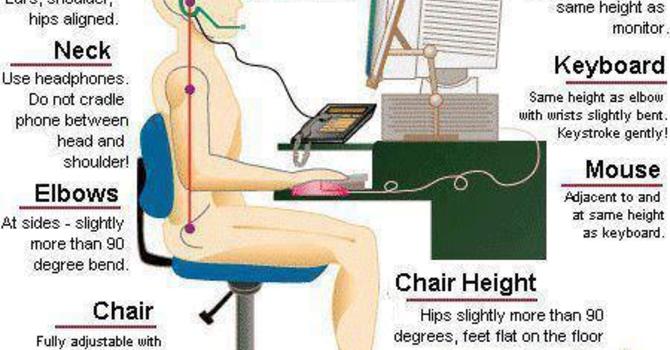
Why do we need good sleep? The function of sleep is far more involved than we typically believe. It is more than just relaxing downtime. While we sleep, our brains are active and working to prepare our bodies for the day ahead by releasing toxins and essentially putting your body into “repair mode”. Our brains process and store new information we learned throughout the day. Our nerve cells communicate and organize to optimize signal transmission. And the body repairs cells, restores energy and releases important hormones and proteins. Now imagine what would happen if you didn’t allow enough time to complete all of the processes. You essentially disrupt your bodies work and stop its ability to repair. Symptoms of this include (but aren’t limited to): drowsiness, forgetfulness, attention problems, high blood pressure, depression, migraines, and insulin dysfunction.
What the heck is healthy sleeping? Unlike many things in life, with sleep you cannot sacrifice quality for quantity or vice versa. Both the quality and quantity of your sleep majorly affect the science of your sleep. Adults should be getting anywhere between 7 to 9 hours of sleep a night, and kids and teens need anywhere from 9 to 14 hours (depending on their age of course). During this time, you go through a sleep cycle. You go from light sleep to deep sleep to REM sleep. You go through these cycles many times a night. To cultivate the best sleep cycle, there needs to be continuity and consistency within your sleep schedule. Uninterrupted sleep is the best sleep, allowing the processes of the sleep cycle to occur naturally. Everyone has a circadian rhythm, which relies on your internal clock and how it interacts with the environment. Keeping your sleep schedule consistent helps regulate your circadian rhythm leading to better quality sleep.
How do I get healthy sleep naturally? It can be difficult to prioritize your sleep over other aspects of your life, it seems like we have a million things to do in a day and never enough time to do them and our sleep suffers. But remember that when you get good sleep you are truly bringing your best self forward into the next day. Some other tips are: · Create a good sleeping environment, keeping the temperature cool and getting rid of sound and light that may disrupt your sleep. · Get natural sunlight for at least 30 minutes a day. The sun/light is the most important regulator of circadian rhythms. It triggers biological processes that make us feel awake. · Limit electronics before bed. The light produced from phones, TV’s and tablets can also make us feel awake and disrupt our circadian rhythm. Darkness/dim lighting initiates chemical changes that promote sleep. If you need to do an activity before bed, try reading a book or listening to relaxing music.
Can chiropractic help with sleep? Chiropractic works to aid the nervous system which is the epicenter of all functions of the body. When our bodies are misaligned not only do we feel pain, but it creates an interference in the signals our brain is sending. Our goals of treatment are to get rid of the interference to allow the nervous system to communicate effectively with the rest of the body. In regards to sleep, not only can chiropractic make you feel comfortable by relieving pain and tightness, it can help optimize the functions of sleep by removing interferences that your body may have in your nervous system.
Ask us questions! If you are struggling with sleep and can’t seem to find something that helps, talk with Dr. Rylee and Dr. Stephanie. We can help determine if you need further testing or we can help teach you new ways to manage stressors affecting your sleep. The best thing to do in the meantime is to make sleep a priority in your life. Sometimes all you can do is your best, but we will help you all that we can!



